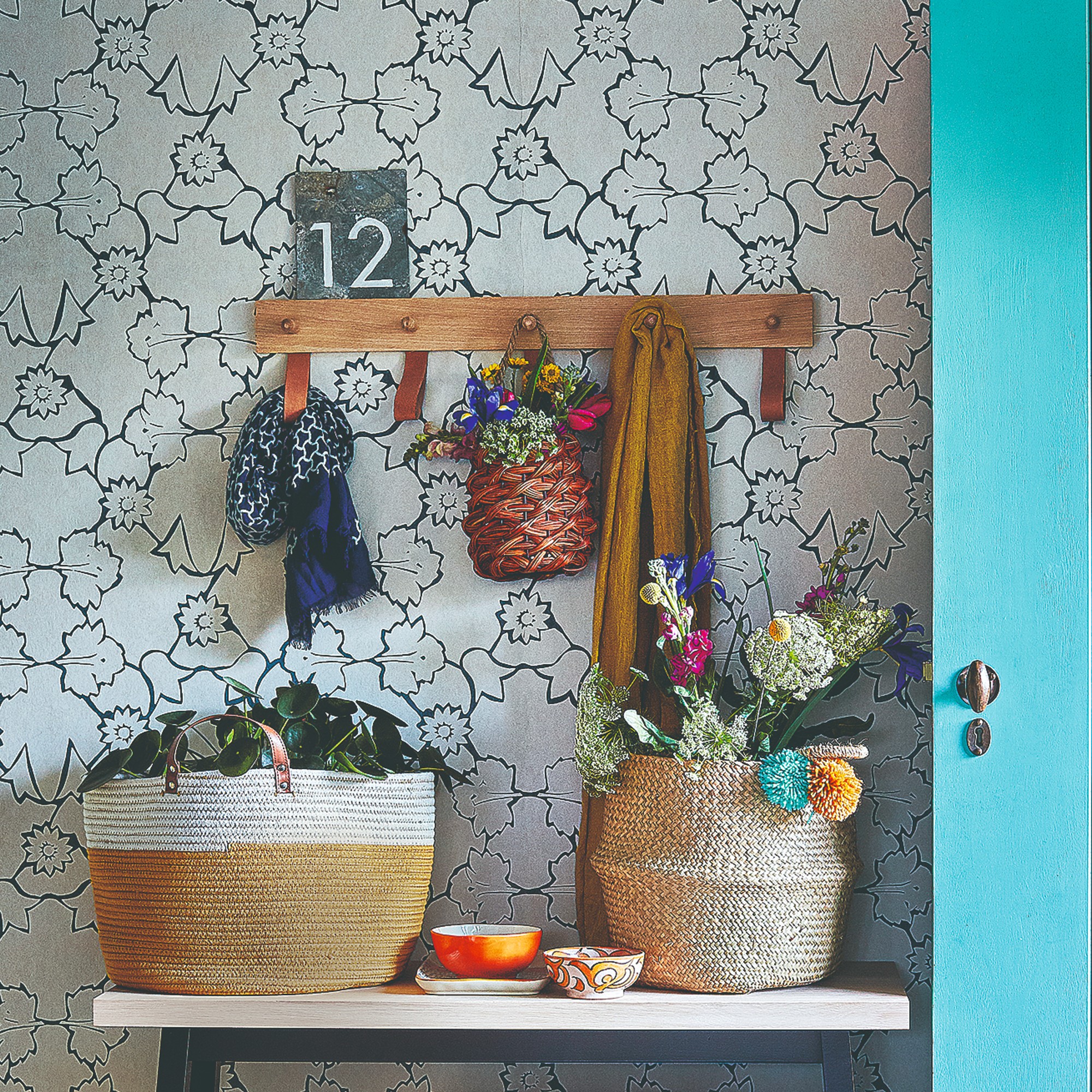
Summer’s over but you’re stuck in slow mode and the first week back at school is going to be a shock to the system. Getting the kids out of the door on time with everything they need for a successful day can feel like a military operation. However, using a September reset to add some simple rules and routines to your household can get it running (almost) like clockwork.
Any reset begins with a thorough tidy and a back-to-school declutter to clear the decks of summer gear and make space to store school essentials.
Next, make a list of the school-day snags, hotspots and flashpoints in your home. For example, do your kids waste time playing ‘hunt the shoes’ every morning? Do you run out of time to grab breakfast or realise they’re wearing yesterday’s dirty shirt just as you rock up at the school gates? Identify those repeat problems and prioritise solving them with our experts’ ideas.
From storage and organisation systems to making getting ready in the morning speedier and less traumatic, to setting up the best homework area and fixes for better sleep… our experts are ready to school you on some great solutions.
1. Set up a self-serve breakfast station
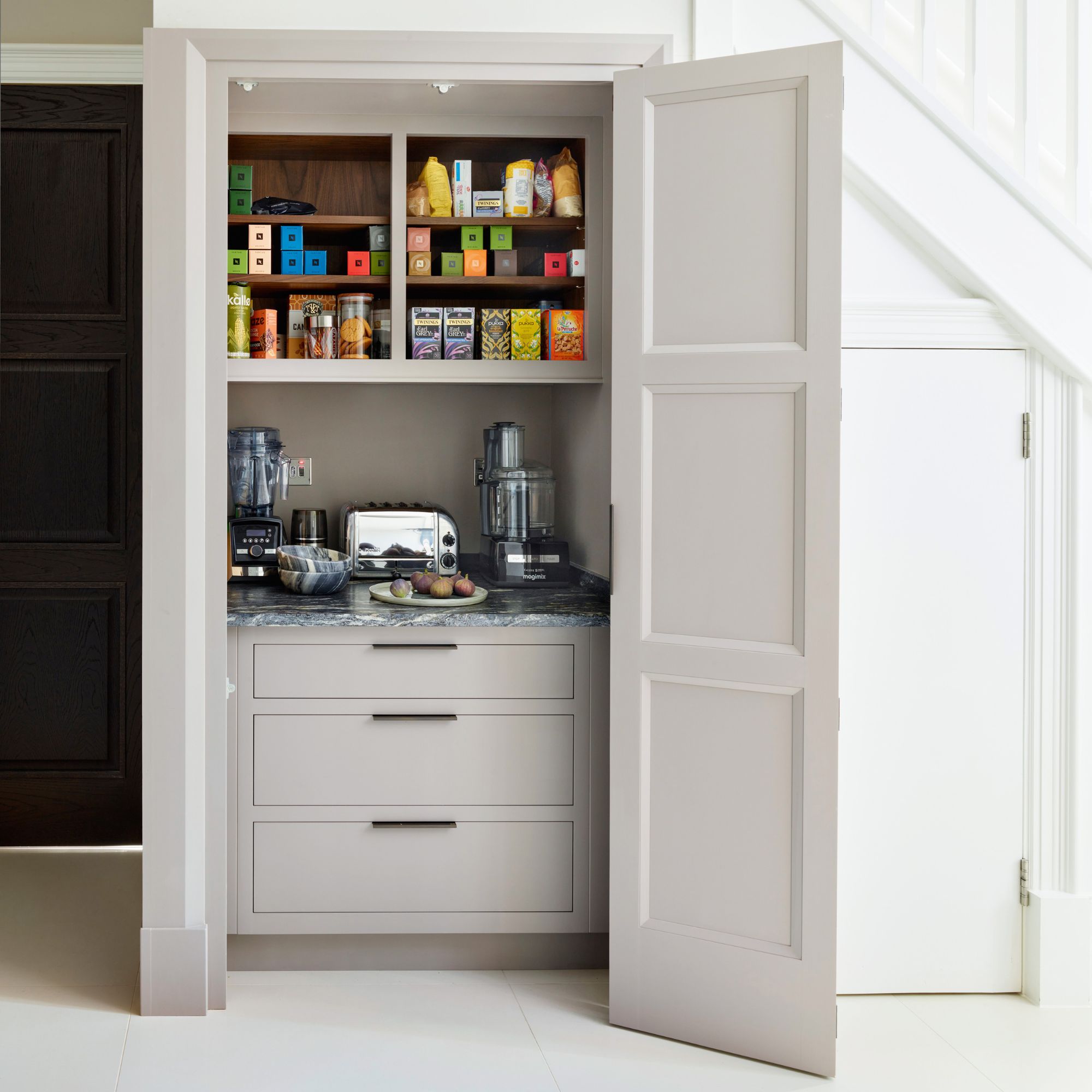
It’s time to research some kitchen storage ideas. Abi Macdonald, professional organiser at The Home Sort has these suggestions for reorganising your kitchen to optimise early morning efficiency:
‘Montessori teachings encourage children to be independent and responsible, so setting up a breakfast station in your kitchen can enable your children to do just that – hopefully giving you more time! Decanting cereals into clear tubs creates a uniform aesthetic and a lazy Susan is great for all your jars of toast toppings.’
2. Make use of a family command centre
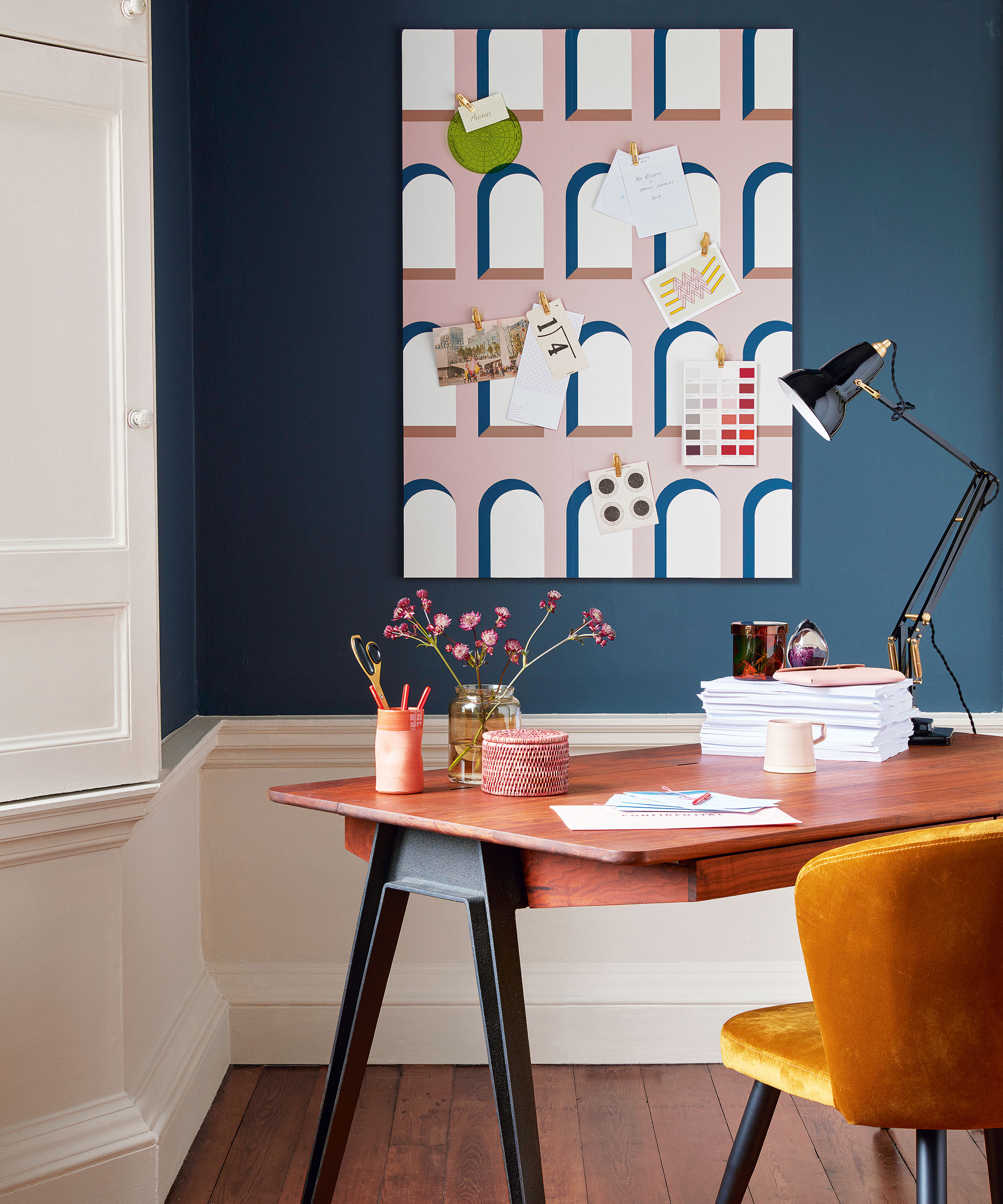
This is a dedicated place (a section of wall space will do) for family planners and paperwork, but you can bespoke it to suit you with all kinds of command centre ideas and add-ons.
Lisa Coe of Happy Space Organised by Lisa explains, ‘A family command centre provides the perfect way to keep track of the whole family’s activities and enables everyone to see all the important information for the upcoming week, at a glance.
In addition to a schedule or calendar, I always recommend adding a tray for incoming post that requires action and an individual tray for each child, to avoid the stress of hunting for lost party invitations and details of school events. You may also wish to add a tray or basket for kids’ artwork too.’
3. Get your hallway working harder
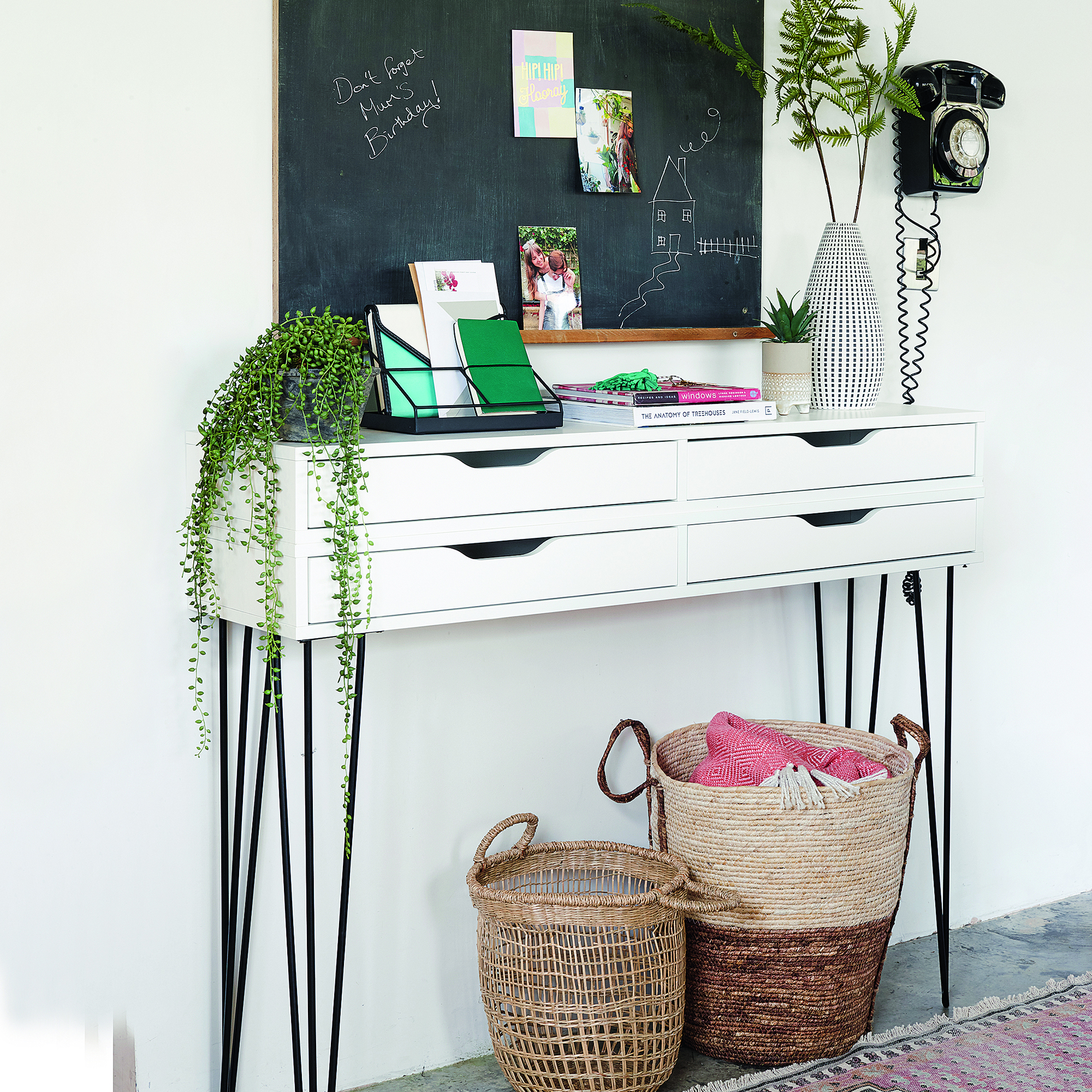
If yours turns into an explosion of shoes, backpacks and bike helmets during term time, serious hallway storage ideas will sort it.
Imogen Murphy, professional organiser at The Little Organising Company advises starting with a critical study of your space.
‘Hallways are a great place to start a home edit, and with few simple organising systems, you can easily save everyone in the family time and stress every day. You’ll probably see something straightaway you can remove or re-home.
‘Decide if everything there is used often and needs to live there. Consider storing seasonal items elsewhere. Do all the shoes need to be here? How many pairs per person? Do regularly used items have a place to sit/hang? For example, blazers, backpacks and sports kit? If they just sit on the floor, then other items will magically build up around them.’
Sue Spencer from A Life More Organised says, ‘I like to use a basket for each child. It makes it easy for them to pop their things in when they get home from school and will avoid the panic of looking for them as you rush out on the school run each morning.’
Becca Stern, Creative Director and Co-Founder of Mustard Made, which sells classic metal locker-style furniture, recommends the following: ‘For larger hallway cupboards or built-ins, consider using baskets or adding additional shelves to store smaller items that could easily get lost.
Or assign each child their own dedicated drawer, shelf, or even locker for personal belongings. This not only helps keep your hallway tidy, but it may also encourage your children to put their things away after school too!’
Lisa Coe adds her own favourite tip as a super-busy mum: ‘An absolute game changer for smooth mornings is ensuring that all the little bits and bobs required for getting ready are to hand. Store toothbrushes and toothpaste downstairs and have a drawer or little caddy with a hairbrush, bobbles, socks, suncream, loose change and any other frequently used items, to avoid lots of running up and downstairs and chasing around the house.’
4. Have a system for school uniform
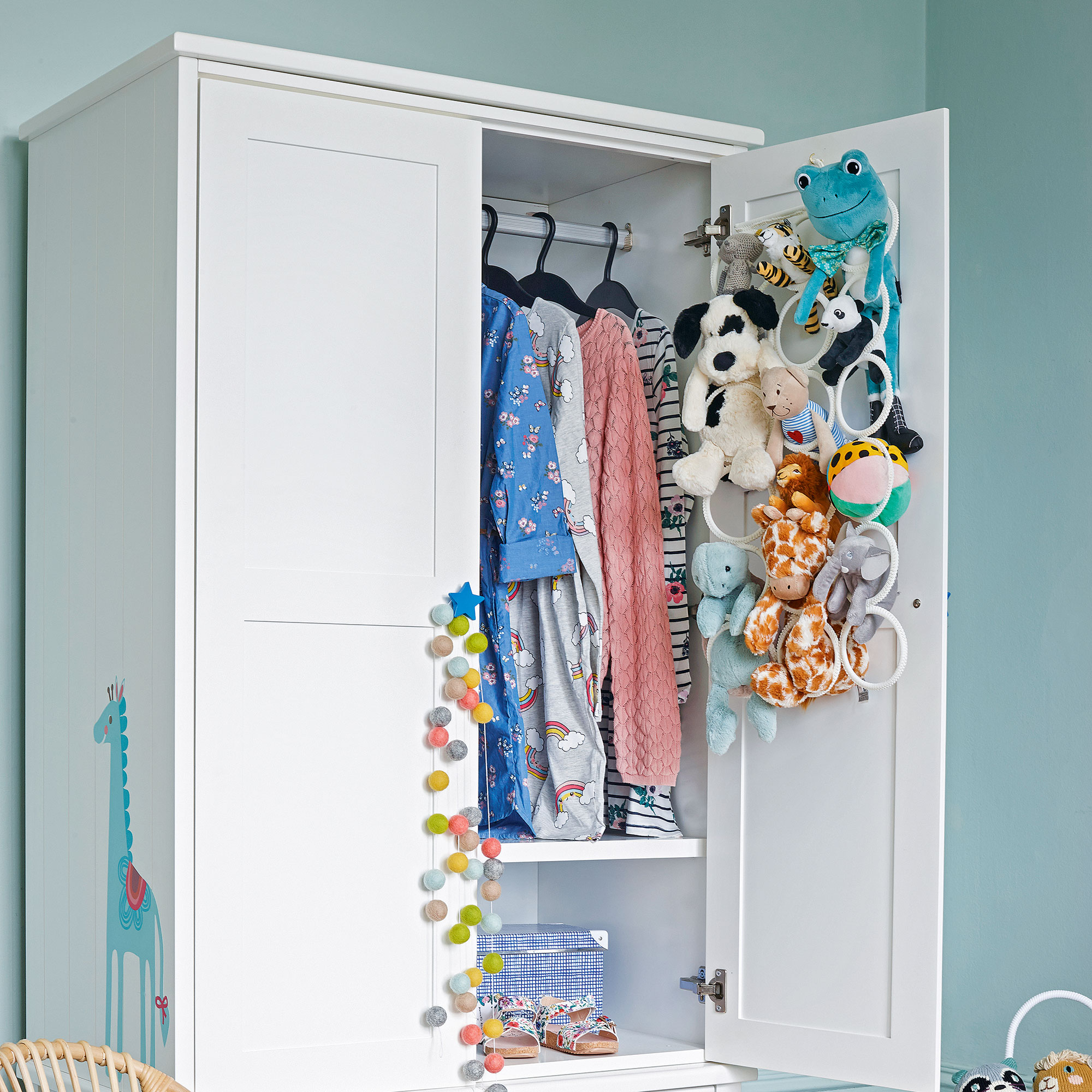
Kids need to be able to quickly grab everything they need to wear for the day ahead and know what’s clean and what’s dirty, so think about adding a uniform section in your kids bedroom ideas.
KonMari consultant Sue Spencer of A Life More Organised advises, ‘First, make sure you’ve removed any old uniform from bedrooms so you know that what’s in the wardrobes or drawers all fits and is labelled ready for the new term.
‘Keep school uniform separate from home clothes – either hung to one side of the wardrobe or in a different drawer in a chest of drawers so you can quickly check on a Sunday that everything is in place for the week ahead.
‘I always recommend having a spare polo shirt or shirt as a standby just in case they arrive home covered in lunch or paint on a day when you’ll struggle to turn around a load of washing in the evening.
‘If your children are still young it’s always useful to lay out the next day's uniform on a chair in their room each evening. That way you can ensure they have what they need, rather than rush around in the morning looking for items.
‘If your children are old enough to get themselves dressed, one idea that works well is to use a hanging wardrobe organiser (like Ikea’s ‘Rassla’) to organise the uniform for each day. It has five compartments so is perfect for the top, jumper and trousers for each day. I’ve also seen this done with a small set of drawers (like Ikea’s ‘Trofast’) but that’s a more expensive option and would take up extra floor space.’
5. Set up a homework area
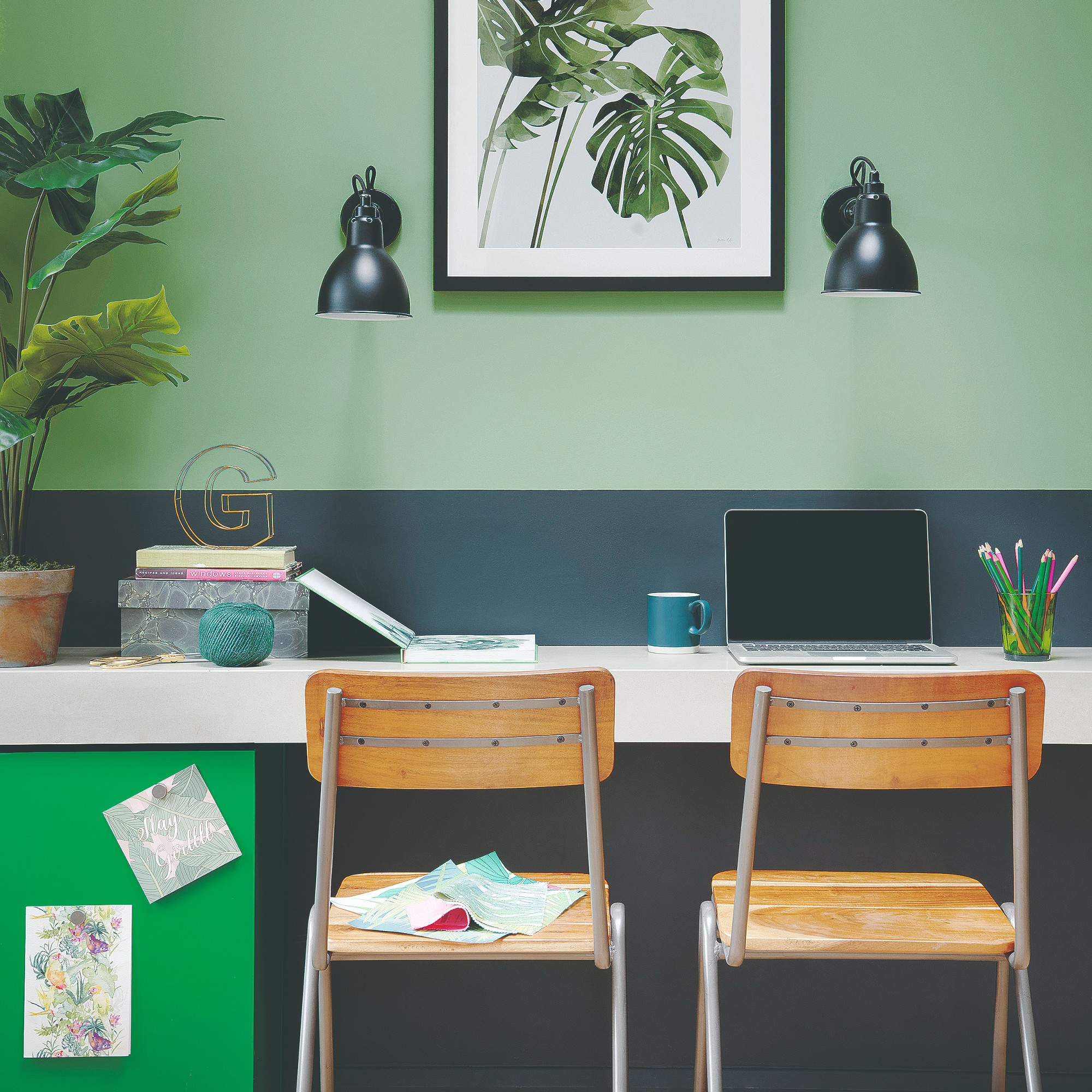
Give them zero excuses and take the sting out of homework by giving them an awesome study space.
Laura Price, founder of The Home Organisation says, ‘
‘Setting up a dedicated workstation for your kids to do their homework helps establish a routine and fosters an environment that encourages focus and productivity. By designating a space solely for schoolwork, you can minimise distractions, keep supplies organised, and make it easier for your children to get into study mode.
‘A workstation could be a rolling cart with a shelf for each kid, or a box each in a cupboard to share – as long as all homework supplies are together in one place. Wall-mounted wire baskets or magazine files are really great to store school books or papers while they’re at home to make sure they don’t go missing.’
6. Reorganise food storage for speedy packed lunches
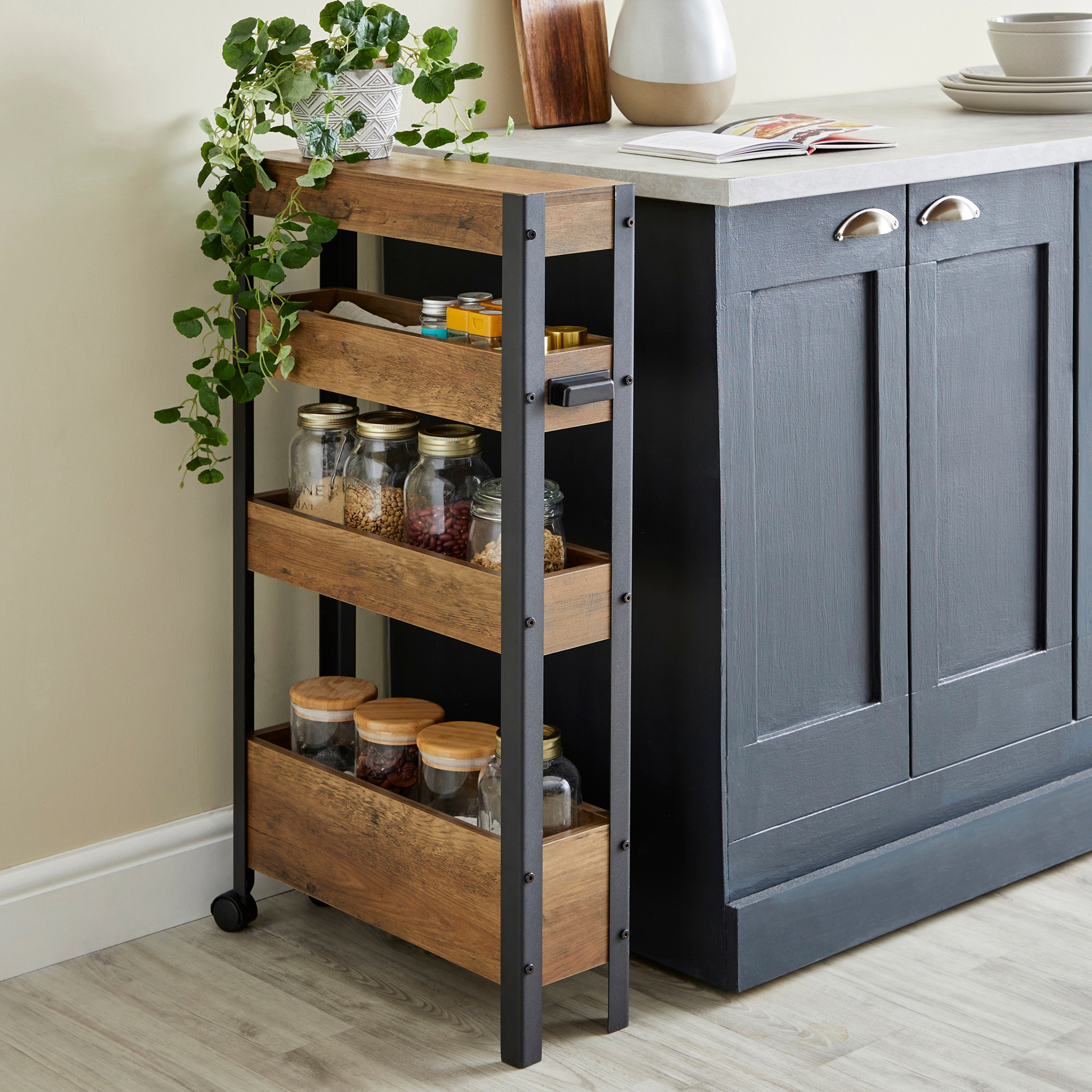
Whether you’re doing it exhausted at the end of the day or barely awake in the morning, systemise the process of packing lunches into a production line you can do on auto-pilot.
The first step has to be organising your fridge. Abi Macdonald, professional organiser at The Home Sort suggests, ‘Organise packed lunch ingredients into their own containers so it’s easy to grab and go on those busy school mornings. Clear containers in your fridge will keep lunchbox items separate from other food. It will also help you take stock when doing your shopping list as it’s clear to see when you’re running low.’
Gemma Bray, otherwise known as The Organised Mum, advises, ‘Try not to fall into the trap of organising for organising sake. Set up dedicated spots in your pantry and fridge for all the lunch essentials, and gently remind the family that these goodies are off-limits. Label boxes if you need to! That way, you’ll never face the dreaded empty cupboard when it’s time to pack up lunches.
Remember to keep newer items at the back and older ones in front to ensure nothing goes to waste. This also helps you see what needs to be used up first. And if you want to be super-organised, spend some time each week pre-portioning snacks like crackers, raisins etc to save yourself precious moments in the mornings.’
7. Fix their bedrooms for better sleep
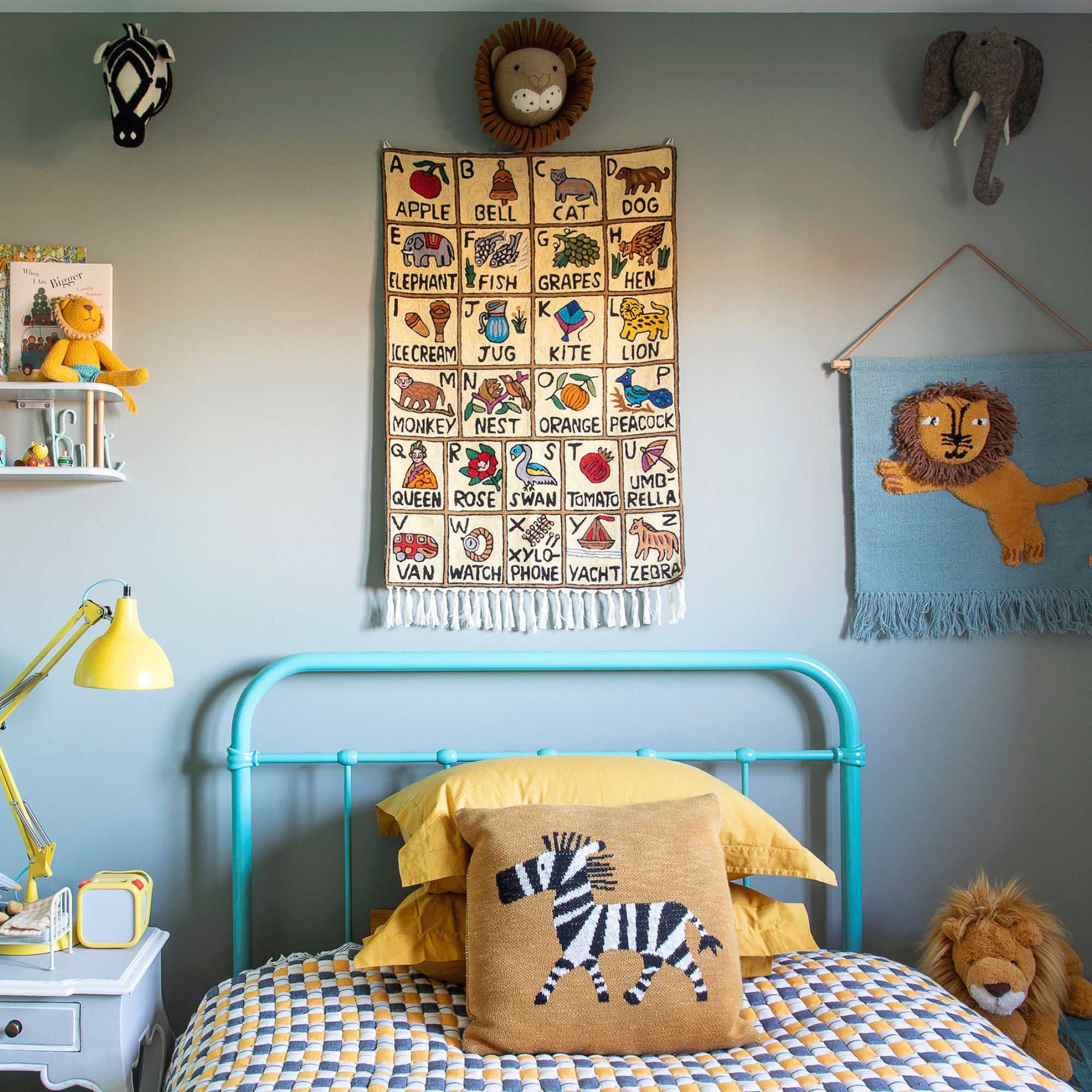
Early starts and tiring days call for high-quality sleep and that’s only possible if their bedroom is optimised for it. There are myriad ways to help a child get to sleep, but these are wellbeing expert and sleep coach Dave Gibson’s top recommendations:
‘Make the bedroom look different for sleep. It's important for the brain to differentiate between a bedroom for sleep and awake. So, make the bedroom feel and look different with bright pillows and covers on the bed for study/play which are changed for pastel colours on the run up to bedtime for sleep.
‘Control the lighting. A decrease in light is a key cue for sleep. Invest in blackout blinds or curtains to control outside light leakage into the bedroom. A dimmable light or a red bulb in a bedside lamp is a great way to create a calming atmosphere before sleep too.
‘Keep the mobile out of the bedroom. For older children who use their phone as an alarm, a dawn simulator alarm is a great alternative. They provide a soft light at night and a gradually increasing light in the morning to help wake up naturally.
‘Keep the room tidy. An uncluttered bedroom will help your child to relax and get a better night’s sleep. Invest in a new bedside table even or chest of drawers, or new storage under the bed here to tidy away books and toys.
‘Use lavender (in a diffuser or pillow spray) as a natural sleep aid. It is a great calming scent and proven to help us fall asleep.’
No system is foolproof – there will still be times when they forget their PE kit, lose their pencil case or fail to tell you they need a costume for World Book Day tomorrow. But every day it does go smoothly is a win!







